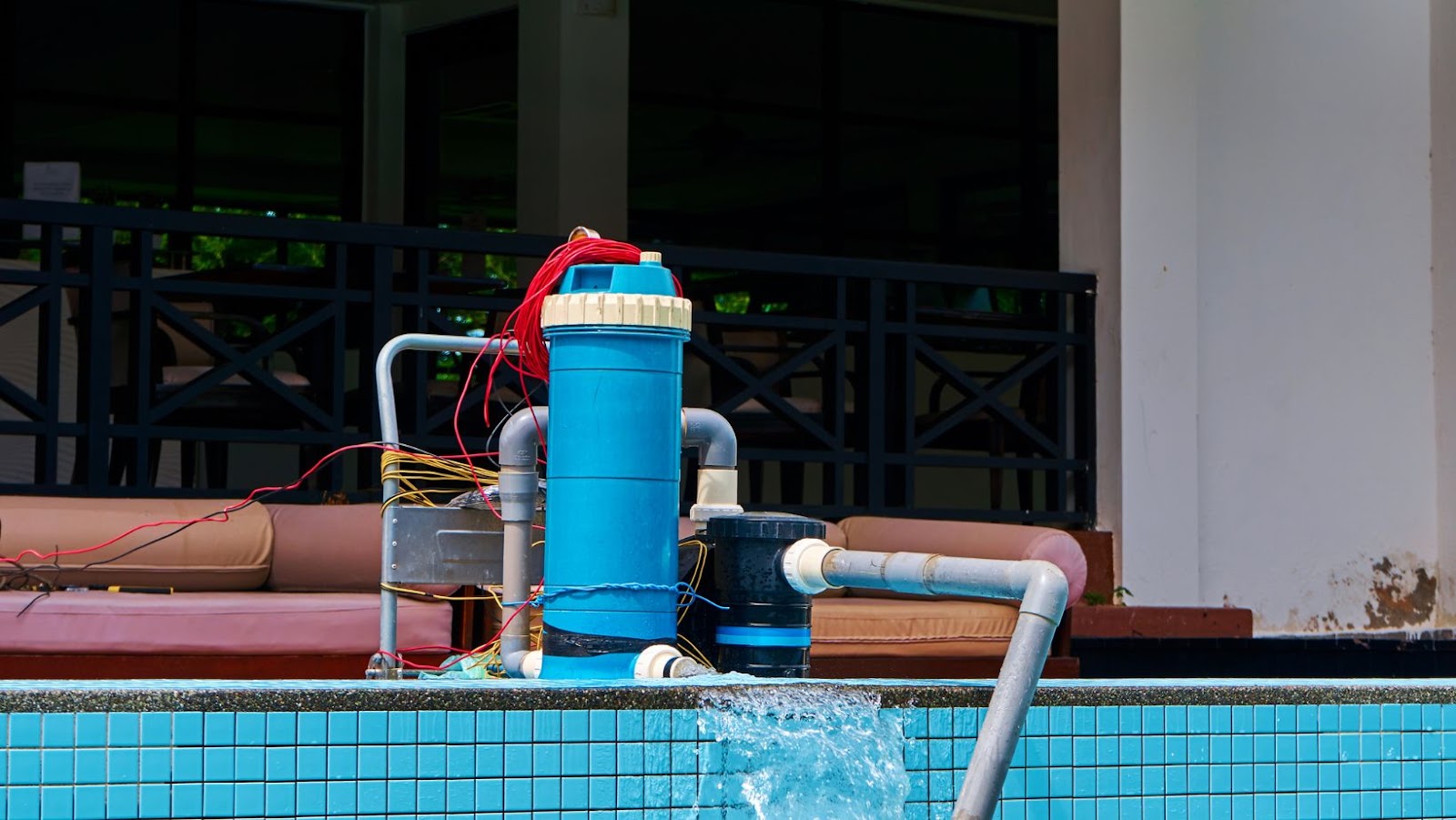Above Ground Pool Heat Pump
When the weather starts to cool down, it doesn’t mean that you have to pack away your swimwear and stop swimming in your above ground pool. Installing an above ground pool heat pump can extend your swimming season and allow you to enjoy your pool even when the temperature drops.
An above ground pool heat pump works by using electricity to transfer heat from the surrounding air or from the ground to the pool’s water. It’s an energy-efficient solution that can help you save money on your heating bills while also reducing your carbon footprint.
One of the best things about an above ground pool heat pump is that it can be used in various weather conditions. It doesn’t matter if it’s sunny, cloudy, or raining – the pool heat pump will still operate efficiently. It’s important to note, however, that the pump works best when the temperature is above a certain level, so it’s crucial to make sure that it is appropriate for the climate in your area.
Benefits of using an Above Ground Pool Heat Pump
If you’re in the market for a cost-effective and efficient way to heat your above ground pool, a pool heat pump is worth considering. In this section, I’ll cover the benefits of using an above ground pool heat pump and why it’s becoming a popular choice among pool owners.
Cost-effective
One of the primary benefits of using an above ground pool heat pump is that it’s an affordable way to heat your pool. Unlike traditional electric or gas heaters that consume a lot of energy, heat pumps transfer heat from the air to the water, which consumes less energy, thus lowering operating costs.
Energy-efficient
Another excellent benefit of using an above ground pool heat pump is that it’s an environmentally friendly and energy-efficient option. Heat pumps extract heat from the outside air, even on colder days, and use this to heat the water in your pool. It consumes less energy than traditional heaters and reduces your carbon footprint.
Longer lifespan
Heat pumps are durable, can operate for up to 20 years and have a longer lifespan than traditional electric or gas heaters. This means you won’t have to worry about frequent replacements or repairs. Investing in a high-quality above ground pool heat pump guarantees long-term pool heating solution
Easy to install
Installing an above ground pool heat pump is straightforward and doesn’t require professional help. You can install it yourself by following the manufacturer’s instructions or hire a professional to do it for you. This saves you both money and time.
Consistent temperature
The consistent heating performance offered by above ground pool heat pumps is another notable benefit. Because the heat pump extracts heat from the air, you can maintain a consistent temperature regardless of whether it’s hot or cold out. This is unlike traditional heaters, which can struggle to maintain a steady temperature when the weather drops.
In conclusion, you can save money, enjoy consistent temperature, and reduce your carbon footprint with an above ground pool heat pump. With its durable design, longer lifespan, and easy installation, it’s an excellent investment for any pool owner looking for a reliable and cost-effective pool heating solution.

Factors to Consider Before Purchasing an Above Ground Pool Heat Pump
Purchasing an above ground pool heat pump can be a significant investment, but it can also help you prolong the swimming season and increase your pool’s enjoyment. However, before making a purchase decision, it’s essential to consider several factors that can affect the heat pump’s performance, efficiency, and compatibility with your pool system. In this section, we’ll outline some of the key factors you should keep in mind when shopping for an above ground pool heat pump.
1. Pool Size and Volume One crucial factor to consider before purchasing an above ground pool heat pump is your pool’s size and volume. Heat pumps are rated by their heating output, measured in BTUs. A higher BTU output means that the heat pump can heat a larger pool more quickly. Likewise, if you have a smaller pool, you can opt for a lower BTU option to save on initial costs and operating expenses.
2. Climate and Temperature The geographic location and climate of your area can significantly impact your heat pump’s performance and efficiency. For instance, heat pumps are less efficient at heating pools when the air temperature drops below 50°F. If you live in an area with colder temperatures, you may need a larger heat pump to compensate for the thermal loss. On the other hand, if you live in a warm climate, you might consider a heat pump with a lower BTU output to save on energy costs.
3. Energy Efficiency Energy efficiency is another critical factor to consider before investing in an above ground pool heat pump. Look for a unit that has an Energy Star certification, which can lower your operating costs and reduce your carbon footprint. Energy-efficient heat pumps can also reduce your pool temperature more quickly and maintain the desired temperature with less energy consumption.
4. Size and Installation Before making a purchase, you should ensure that your chosen heat pump fits your available space and is compatible with your pool’s plumbing and electrical system. Smaller heat pumps require less space but may not meet your heating needs. Additionally, installation costs can vary depending on your pool’s location and complexity, so be sure to budget for additional costs.
In conclusion, purchasing an above ground pool heat pump requires careful consideration of several key factors. Keeping in mind your pool’s size and volume, geographic location and climate, energy efficiency, and installation requirements will help you make an informed purchase decision. By doing so, you can extend your swimming season, increase the enjoyment of your pool, and save on energy costs in the long run.


